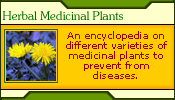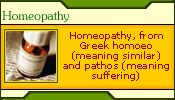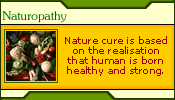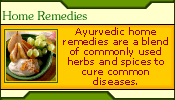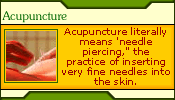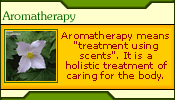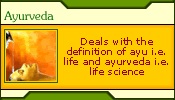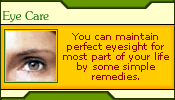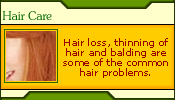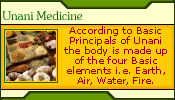|
Traditional Swedish Massage uses five main strokes, and many variations,
to achieve its relaxing and healing effects. Many therapists use
a variety of techniques.
Effleurage consists of long, gliding
strokes from the neck down to the base of the spine or from the
shoulder down to the fingertips. When done on the limbs, all strokes
are toward the heart to aid blood and lymphatic flow. It is done
with the whole hand or the thumb pads. Effleurage is designed to
acquaint the therapist with his or her subject's body and vice versa.
Petrissage involves gently lifting
muscles up and away from the bones, then rolling and squeezing them,
again with a gentle pressure. It generally involves kneading and
compression motions - rolling, squeezing, or pressing the muscles
to enhance deeper circulation. Petrissage attempts to increase circulation
with clearing out toxins from muscle and nerve tissue.
Friction is the most penetrating
of the strokes, and consists of deep circular or transverse movements
made with the thumb pads or fingertips. The therapist applies deep,
circular movement near joints and other bony areas (such as the
sides of the spine). Friction breaks down adhesions, which are knots
that result when muscle fibers bind together during the healing
process, thus contributing to more flexible muscles and joints.
Tapotement consists of a series
of briskly applied percussive movements, using the hands alternately
to strike or tap the muscles for an invigorating effect. There are
many variations on this stroke. It may be applied with the edge
of the hand, with the tips of the fingers, or with a closed fist.
Tapotement attempts to release tension and cramping from muscles
in spasm.
Vibration, or Shaking, involves
the therapist pressing his or her hands on the back or limbs, and
rapidly shaking for a few seconds. It boosts circulation and increase
the power of the muscles to contact. Vibration is particularly helpful
to people suffering from low-back pain.
|


